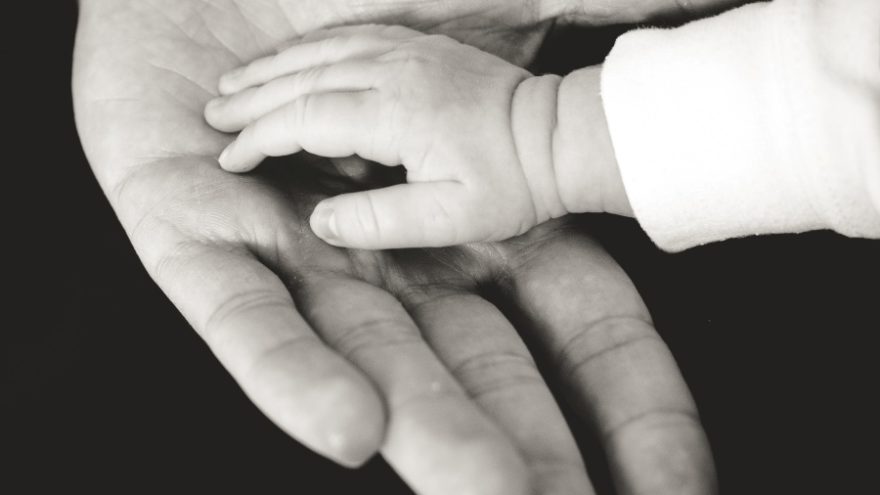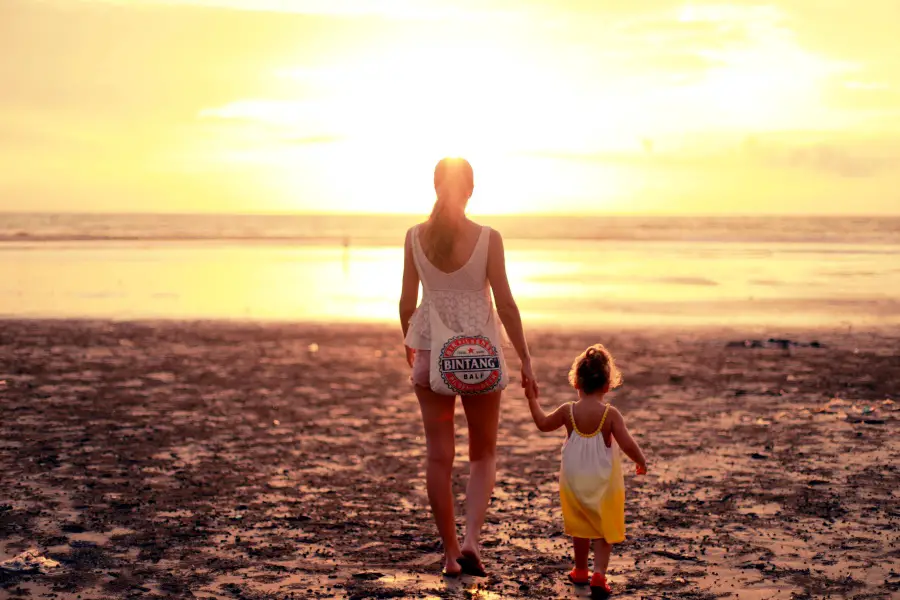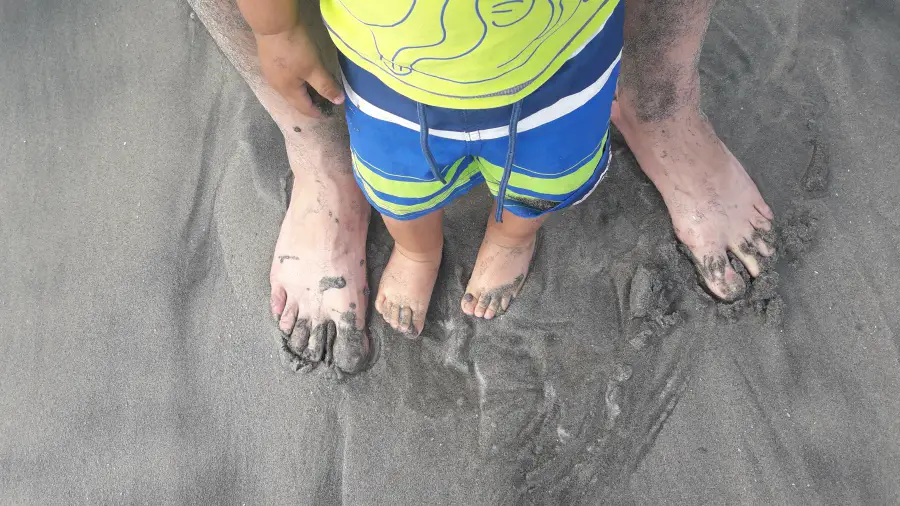The Importance of Embracing your Inner Child

The importance of embracing your inner child in regards to parenting is that you can understand why your child remains childish as they mature. It’s great to encourage their childish strengths instead of repeating “grow up!” You can reminisce and think about what you liked to do as a child and remember how your personality has changed. Your interests have changed, dreams, and how you grew from life experiences. You might have been shy as a child and now you see how different events in your life changed that. You might have experienced tragedy and went for therapy and now are a stronger person for that reason. Getting in touch with your inner child is the basis for becoming a better parent.
There are some who say that if you practice being a bit more childlike, this might be the key to finding out what you want to be and where your spirit really wants to be free. This is a good way to help you be a better parent to your child. Some parents struggle for years because they have problems identifying with who they are. Parents can become confused when they don’t understand who they are any more so the idea is to reconnect with your inner child. You might have had a confusing childhood and are bitter and this leads to negative parenting and anger. This could be a huge problem if you are raising a rebel for a child. When you connect with your inner child and turn some negative behavior into strengths, keep doing your best to keep growing so you can understand your challenging child.
Everyone can connect to the child within them, and this is the area of your personality that wonders where the happiness as a child went. Where did your innocence go? A noted psychologist said that this part of the human being resides in all of us and this can either interfere or make your life as a parent great. These are grouped into different child categories. This is important to our existence as parents. This is where we have memories of our earliest years, happy moments, memories, insecurities, safety and secure moments. Humans carry these memories throughout their whole life and it’s important to understand why you feel the way you do. There are positive aspects about the child within us because it helps us understand our responsibilities as a parent and an adult. This also teaches us to remember to want to play and have fun. It doesn’t hurt you as a grandparent to swing on a swing with your grandchild. America has created a great playland in many states for people to vacation and bring out their inner child.
Sometimes we feel our sense of peace is threatened and we become fearful and uncomfortable. This is when the child within us takes over and brings out our negative behaviors. You might have gotten laid off and all these memories of fear come flooding back because you may have a family to support so you go home cranky and grumpy and are angry and start yelling. This begins to confuse your family. Think slowly and don’t make any rash decisions. Start looking for a new job and remain positive. Think about what you did to get your first job when you were still a child and how you handled the responsibility of making money and saving it for something you wanted. This is really no different and if you are a two-parent household, you have another income to rely on to get through until you get your next job.
When people become familiar with the child within them, they understand how to include it into their everyday lives in more positive ways. You should understand what group of the child within you that you are. There are six groups of the child within you. As with everything else, each one has good and not so good qualities that you begin to understand later on in life. Eventually, everyone understands the child within them and understands that their group stays with them for life. It’s the same context as the 16 different personality types that people fall into. Many parents don’t know about this unless they either see a good therapist who talks to them about the different theories that are factual and have been researched so people have a better understanding of themselves.
Abandoned child
The abandoned child group is referred to as the lonely child and this group appears to be capable of taking care of themselves all of their lives. They often feel alone, have emotional issues, or actually feel like an no one cares. This type of parent usually is an introvert and avoids people and believes in conquering their own fears. This isn’t necessarily a bad thing, it can be positive for a parent to be a good role model if they learn how to connect with their inner child.
Wounded child
This type of child has had a past that has been violent and full of trauma. This group may have experienced great emotional sadness throughout their life and many events have occurred with many different people. This group has a great deal of love and understanding for others who are miserable and come from the same situations. This type of person is full of light and forgiveness and loves to help others through trauma. This doesn’t mean you are going to be a bad parent if you are a product of abuse or trauma. This could be a very positive connection with your inner child in regards to understanding your own child.
 Eternal child
Eternal child
Your eternal child stays forever young and you always are in touch with your childlike behaviors. You love to have fun and are often referred to as having the Peter Pan syndrome. This means that you will easily be able to relate to a child on a younger level because you think young and you love to encourage others to be like you. The negative aspect is you have problems committing and are unavailable and afraid of growing up to be an adult. You probably struggle with boundaries and can be dependent on your family to watch over you and make your life easier. It’s important to understand the negative concepts in order to be a better parent.
Special child
The special child sees enchantment and a world of wonder. This group is carefree and looks and glamour and adores all things. They believe that they can do anything and are avid daydreamers. This type of child is not balanced at times and can be pessimistic and become depressed. They can be cynical of the things that they might have daydreamed about in the past. They sometimes might hide in their imaginations and role-play, read, or watch movies so they lose touch with the real world so they have time for themselves. This could be you or your child but it’s important to understand the different groups of your child within.
Angelic child
The angelic child is innocent and pure and almost perfect with their qualities. They believe in forgiveness for all and are deeply in touch with the heavens. This group may seem unusual and not real. Many don’t believe in this group because they don’t believe can have or practice things that aren’t concrete. There may be an angelic child deep inside of you and waiting for you to reach your full potential. Sometimes the divine child becomes overwhelmed with confusing energies and feels they can’t defend themselves. They can become easily scared.
 Outdoor child
Outdoor child
The outdoor child feels deeply in tune with nature and the earth around them. This group is most comfortable around animals and may have the be able to be close to nature. This group is attracted to animal entities and daydreams about nature. The negative points of the nature child are that they may become physically angry at their loved ones. They can become violent around the things they love and despite the connection, they have to these natural things, the child the outside world as for negative consequences instead of happiness.
All parents can understand each of these groups at different points in their lives. One group will find you and you will see which one it is at different times in your life. Here is your child within. You can grow and understand your positive and negative qualities, you can watch how this child within comes as the years go on. This is how you will start to balance the group that you belong in and see the playful opportunities you will have as parents in regards to understanding your children.





